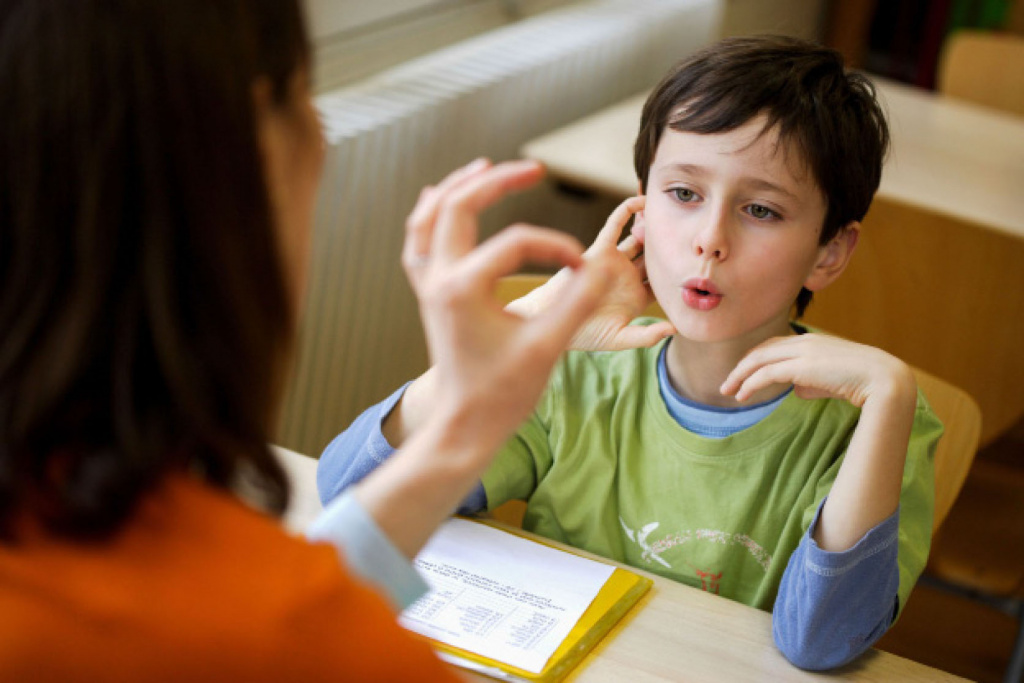
‘The Lost Boys’, a report published by Save The Children in July 2016, highlighted that there isn’t a single location in England where boys are outperforming girls in early language skills, or even coming close. And the report stated that the gender gap is at its most extreme in St Helens, where boys start primary school over 17 percentage points behind their female peers.
The report outlined that if this deficit in language and communication skills is not addressed, it goes on to have a negative impact on the development of literacy skills and academic progress in general. BLUSH—Books and Language Unite in St Helens—was launched by the local school library service and Speech and Language Therapy Service to try and reverse the tide.
A Speech and Language Therapy Service and a Schools Library Service working together is quite unusual, but is actually the most natural thing in the world. St Helens Paediatric Speech and Language Service promote the development of oral speech, language and communication skills and St Helens Schools Library Service develops language and literacy skills via a reading for pleasure strategy.
The two services have aims that overlap, as verbal language development can be facilitated through the medium of books by sharing pictures with a child or asking questions about each page or the whole story so children can make sense of what they have just read, and of course, so they enjoy reading!
Both services were committed to working together to address this problem. The Schools Library Service, using their book expertise and knowledge, selected books by great authors with fantastic illustrations designed to encourage enjoyment of reading. The Speech and Language Therapy Service provided written question templates based upon these books using the Blank Language Scheme.
What is Blank?
Rose and Berlin, researchers in the late 1970’s, were interested in the complexity of questions and instructions that teachers used with the children they taught. They collected a large sample of questions and instructions from a group of teachers and then analysed these in terms of their language complexity. They were able to assign each question/instruction to one of four ‘Blank’ levels and developed their Blank Language Model as a result. In the model, the four Blank levels of questions range from Blank Level 1 questions, which are the simplest to process, to Blank Level 4 questions, which involve considerable linguistic processing ability and the ability to use verbal reasoning skills.
- Blank Level 1 questions are the simplest questions that you can ask a child and are typically answered by single word answers or non-verbal responses, such as pointing or fetching and the kind of questions we would expect a typically developing child of 12–18 months to answer correctly. They involve being able to process understanding about the whole of an object, for example, ‘Where’s the pencil?’
- Blank Level 2 questions are still relatively simple, but they require a greater degree of language processing. They include questions such as ‘What?’, ‘Where?’, ‘Who?’ and questions which require the child to have knowledge of the properties and function of an object, for example, ‘Which one do we kick?’
- Blank Level 3 questions involve a greater degree of language processing again and focus upon a context or narrative where we can ask the child to tell us about a sequence of events/instructions and also to understand how characters are feeling or what they are saying in a story.
- The most complex questions occur at Blank Level 4, and this is where we expect the child to use a range of verbal reasoning skills in order to answer the questions, for example, to predict ‘What would happen if…’ or ‘What should he do if…?’. Blank Level 4 questions get the child to ‘read between the lines’ and see beyond the literal question by taking the context into account, seeing the world from another’s perspective, for example, ‘How would you feel if?’